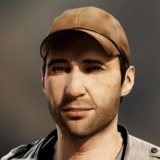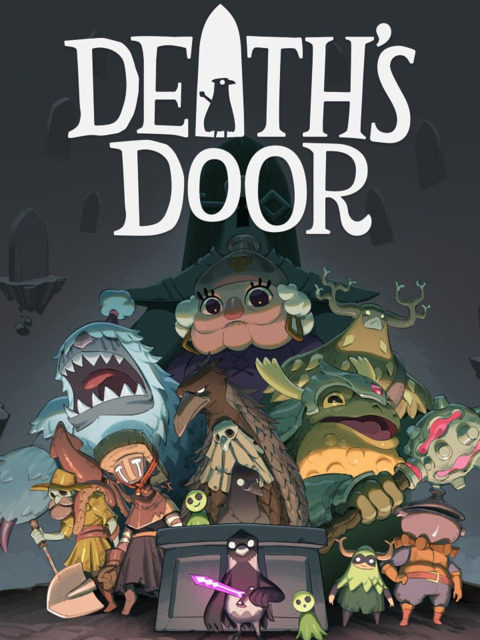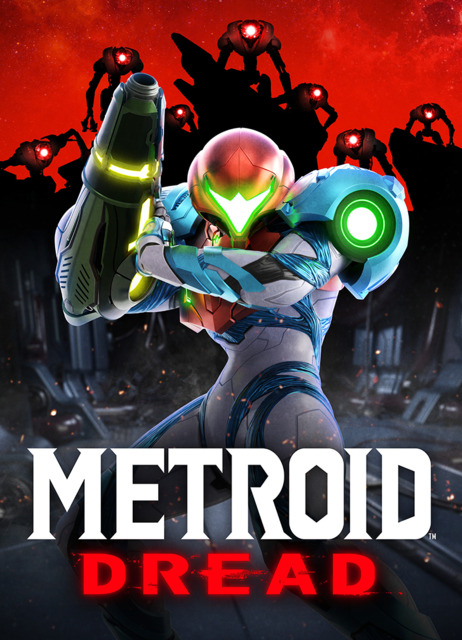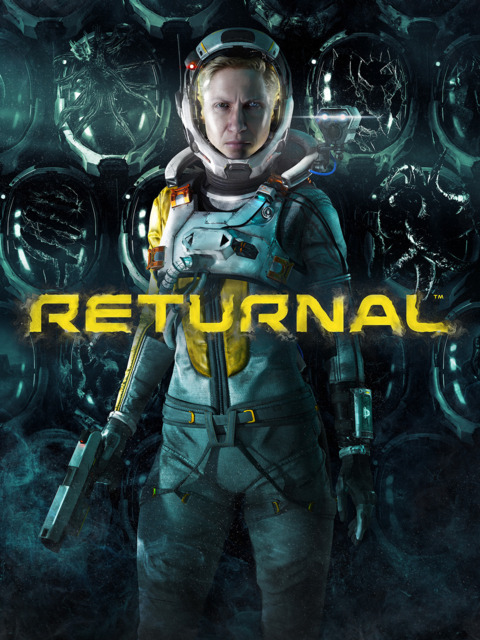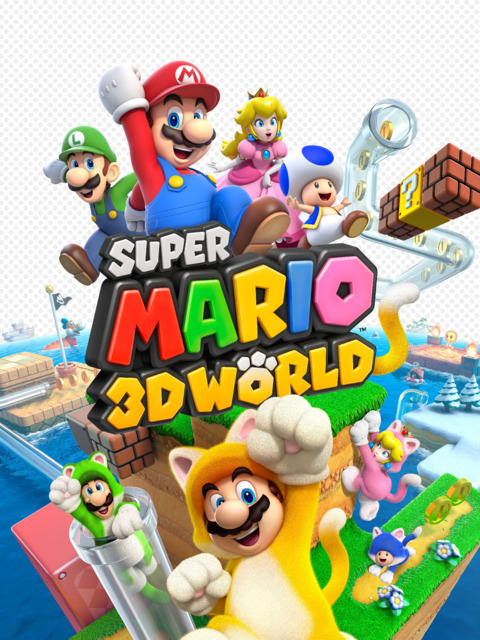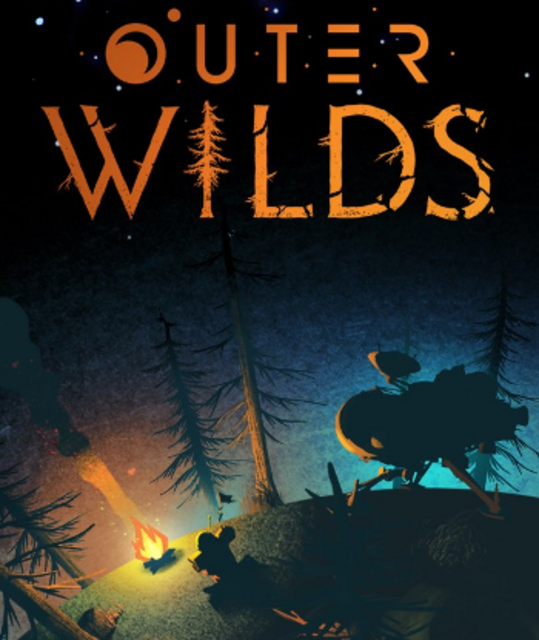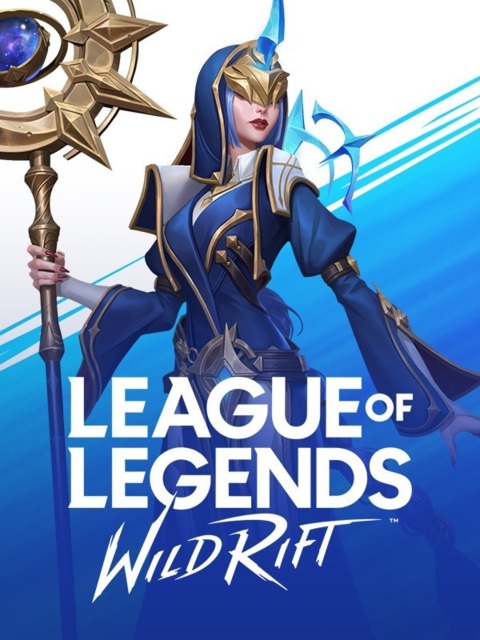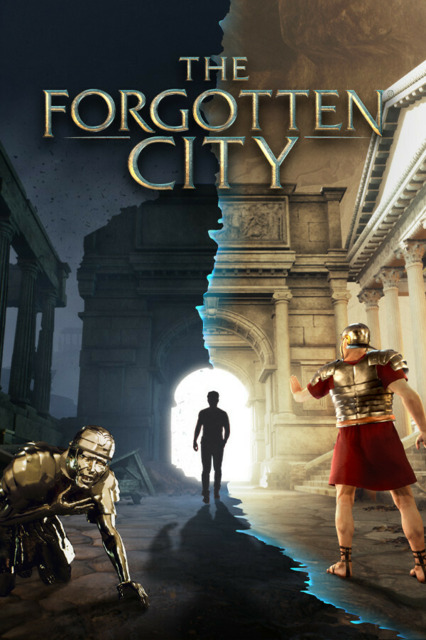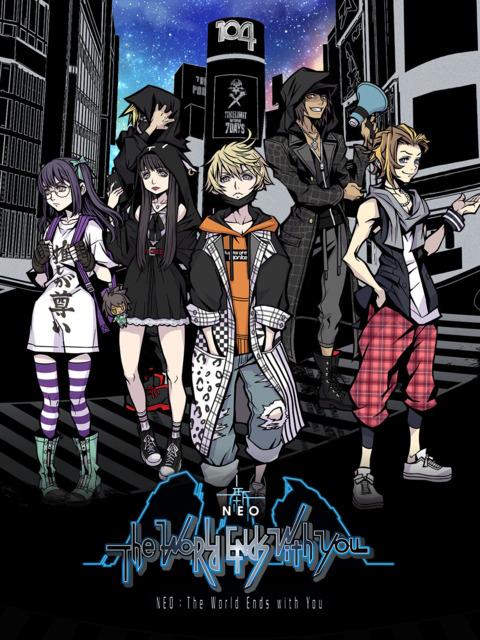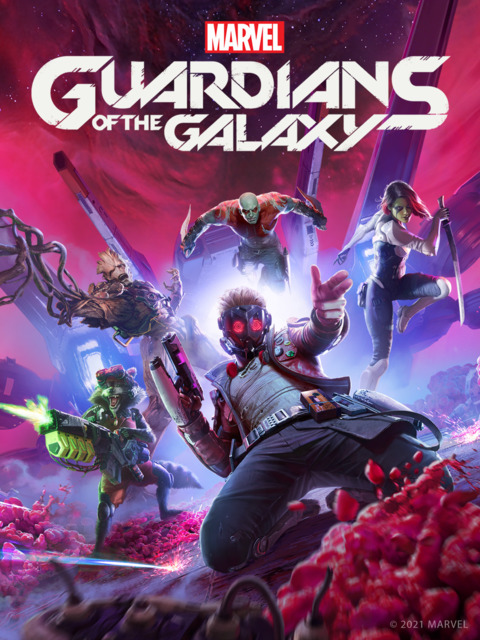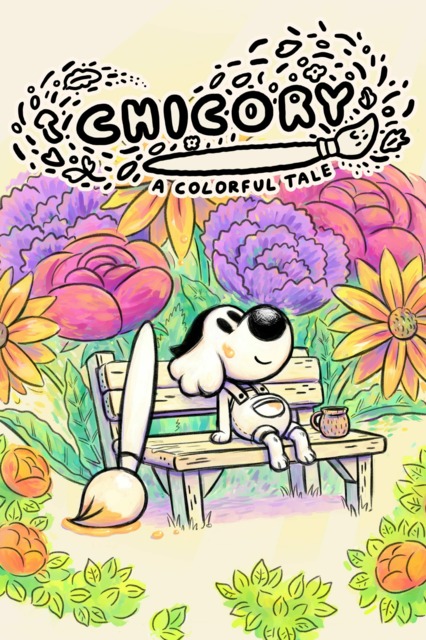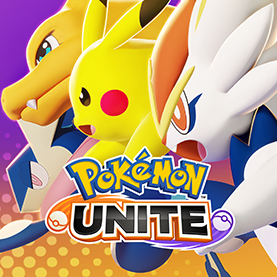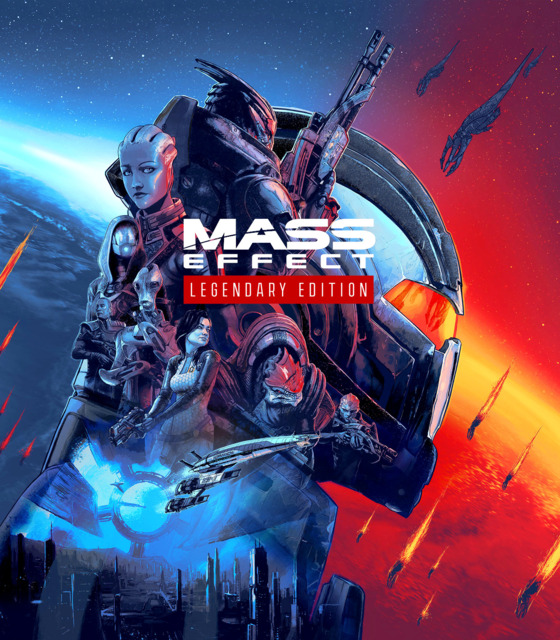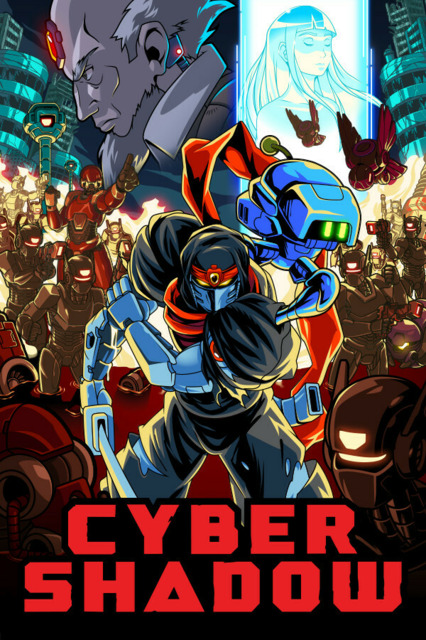2021 Ranked
At the risk of reiterating commentary that has been talked to death these past two years - life's been rough. I'm sensing now that life will never stop being rough. Pick your apocalypse - Covid mutations, climate collapse, American Civil War II - chances are we'll see plenty more evidence next year to support whatever end-of-the-world scenario you want to manifest into existence.
Me, I'm committing myself to a more positive 2022. Have to, right? After all, 2021 wasn't all bad. We got vaccines! Remember how good that summer felt for a couple of weeks before THE RISE OF DELTA? I'm sure we'll feel that feeling again soon. And if nothing else, we had video games. They will never leave us.
After a year of effort, I finally scored a PS5 in late November. While I could have probably marathoned through Returnal or Ratchet and Clank or Deathloop, I focused instead on some of the smaller games I've been dying to play for a year, games like Astro's Playroom and Bugsnax.
I played a lot of old games in an attempt to catch up to their new sequels. I played through all of Psychonauts for the first time. I somehow stretched Hitman 1 and 2 all the way through the year. I even got through Resident Evil 7. And then, after twelve months of coordinated planning and effort, I didn't find the time to play any of those franchises' latest releases. Maybe January will give me an opportunity.
As always, there's never enough time to get to everything. Committing myself to a full-time job, a family, and other hobbies and interests means that I can't just lock myself in my basement and slam through all the big games, as much as I might like to somedays. But this year especially, my list feels sparse, empty of the biggest hits. I'm frustrated that I haven't yet been able to visit many of the games that are winning year-end awards.
There were some phenomenal DLC expansions that iterated on some of the best games of the last decade this year. I don't always include those additional downloadable experiences, but this year, it felt right to shout-out those fresh perspectives. They were too good to leave off.
The list might change in the next few months, as I begin to pick away at that pile of glittering games from this year I haven't played, but even if it doesn't, I do feel like each of the games in the Top Ten have enough great qualities to recommend them to other players. I certainly had great moments with each of them this year. I'd recommend reading the list from the bottom to the top.
Cheers to the New Year. Let's make it the best one yet.
